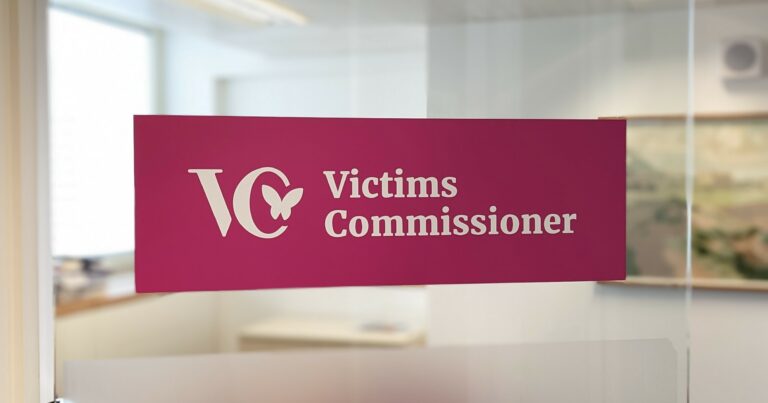Troubling number of London victims are walking away from justice process, new report finds

The Victims’ Commissioner for England and Wales, Baroness Newlove, has welcomed a new report exposing the scale of victim attrition in London, warning that too many victims are still being left to navigate a complex and distressing process without the support they need.
A new review by London Victims’ Commissioner, Claire Waxman, shows the scale of victim attrition in London’s criminal justice system. Her office analysed over 270,000 crimes reported to the Met police over a 1 year period (2021-2022).
The research found that 40% of victims withdrew from the justice process before a charging decision was made. This figure was even higher for victims for adult rape (69%).
Most withdrawals occurred early – within the first month or three months – fresh evidence that procedural delays, lack of updates, and inadequate support are pushing victims away.
The report found victims engaged with support services were less likely to withdraw from the justice process. Though this comes at a time of increasing pressures on victim services, including rising demand and recent government cuts to funding.
Victims’ Commissioner Baroness Newlove welcomed the findings, warning that too many victims are still forced to abandon the process:
I welcome this report. It comes as no surprise to me that it paints a troubling picture of a system that continues to let victims down. Too many feel forced to walk away from justice – not because they want to, but because the process is too confusing, too lengthy and emotionally draining.
Victim attrition isn’t inevitable. These findings show that when victims are supported, when they are listened to, believed and helped to navigate the system, they are more likely to stay engaged. My own research backs this up.
This is why victim services are so important; they play a critical role in helping victims stay the course and see justice through. But these services are currently facing a crisis: overstretched, underfunded and struggling to meet demand.
As the implications of the Comprehensive Spending Review become clearer, it is vital that these services are protected. They need sustained, long-term investment to ensure their doors can remain open to victims who need them – both in the here and now, and throughout what is all too often a long and emotionally draining journey.
- The report can be accessed in full here.
